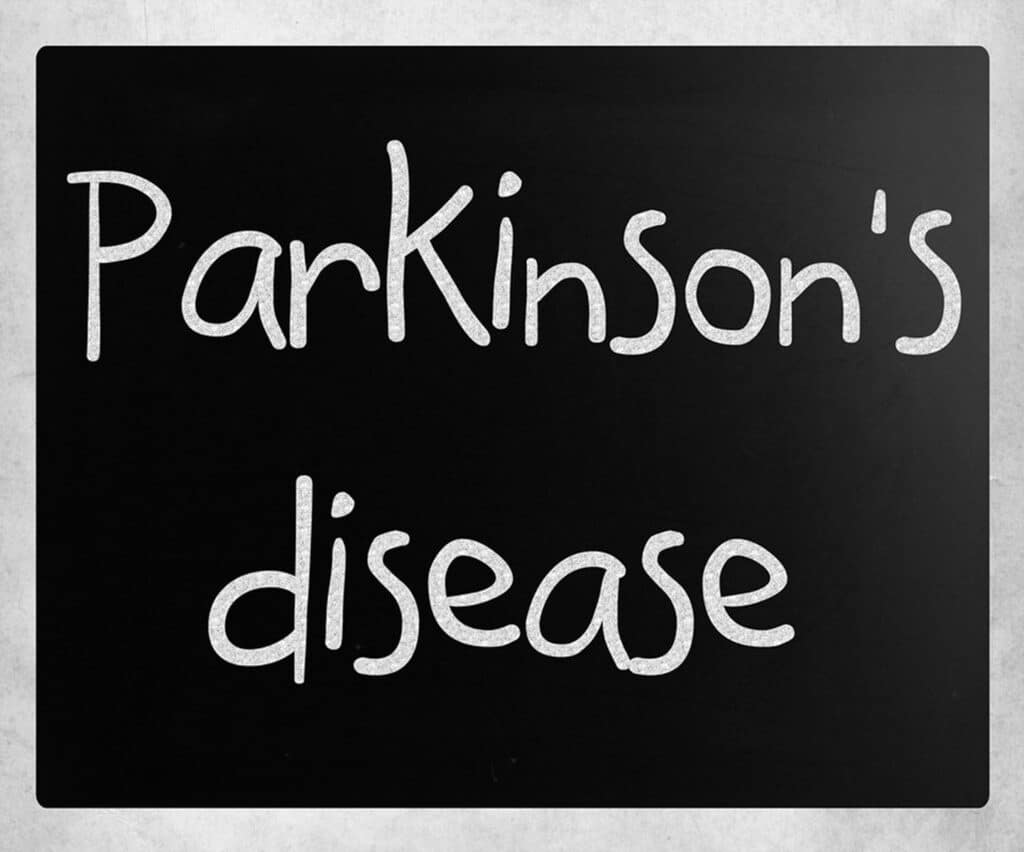One of the steps in becoming a family caregiver to someone who has Parkinson’s disease is educating yourself about the disease. You may know a bit about the symptoms of the disease and its progression, but there’s so much more to know. Knowing these facts about Parkinson’s disease can allow you to spread more awareness about the disease and make you a better advocate for your aging relative.

Scientists Have Known About Parkinson’s for a Long Time
There is mention of Parkinson’s disease in medical literature as far back as 175 AD. Back then, it was described as “shaking palsy.” However, it wasn’t until 1817 that it was truly discovered and given a name. Dr. James Parkinson wrote a detailed essay titled “An Essay on the Shaking Palsy,” which described the disease in detail. The intent of the essay was to encourage fellow doctors and scientists to study the disease.
Parkinson’s Has Both Movement and Non-Movement Symptoms
The most well-known symptoms of Parkinson’s involve movement. Movement symptoms happen because of cells that produce dopamine die off. Dopamine is a chemical essential to transmitting signals that allow the body to move. Some of the lesser-known symptoms of the disease are the ones that don’t involve movement. People with Parkinson’s can also experience changes in thinking, depression, fatigue, hallucinations, and sleep problems.
No One Knows What Causes Parkinson’s
Doctors don’t know exactly what causes some people to get Parkinson’s disease. Research suggests there may be a combination of factors at fault, including environmental and genetic factors. About 10 to 15 percent of people with Parkinson’s seem to have an inherited form of the disease caused by genetics. In addition to having no known cause, there is also no cure for the disease. However, there are treatments that can help with the symptoms.
Exercise is Considered a Major Component of Treatment
It is essential for people with Parkinson’s disease to exercise because it improves balance and helps to maintain muscle strength. It also helps them to stay more mobile and able to continue doing their regular activities.
Elderly care can assist seniors living with Parkinson’s disease. An elderly care provider can drive them to medical appointments and to the pharmacy to pick up medications. Elderly care providers can also assist with dressing, personal hygiene, and eating. Since Parkinson’s disease affects movement and balance, an elderly care provider can help to prevent your loved one from falling by assisting them with standing and walking with them.
If you or an aging loved-one are considering Homecare in Orinda, CA, call the caring staff at Aviva In-Home Care. Call today: (415) 795-2203
Sources
https://parkinsonsnewstoday.com/
https://parkinson.org/
https://www.everydayhealth.com/
- Do You Need Help with Personal Care for Your Senior? - September 16, 2019
- Causes and Risk Factors for Shingles in the Elderly - September 12, 2019
- Five Reasons Your Senior Might Need a Daily Routine - September 5, 2019




